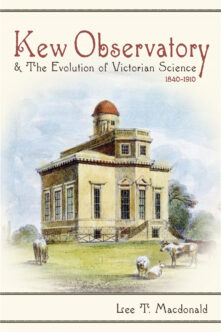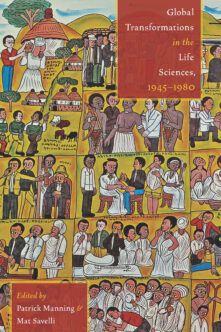Books
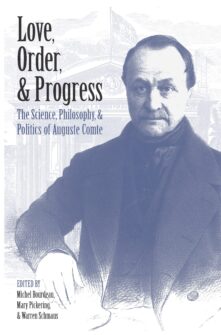
Love, Order, and Progress
The Science, Philosophy, and Politics of Auguste Comte
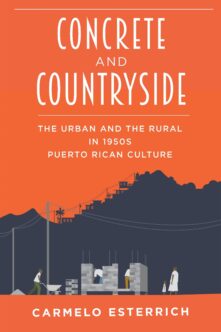
Concrete and Countryside
The Urban and the Rural in 1950s Puerto Rican Culture
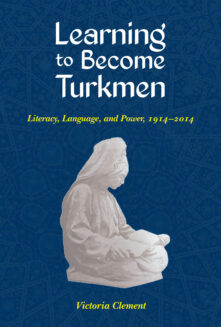
Learning to Become Turkmen
Literacy, Language, and Power, 1914-2014
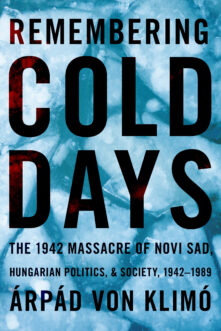
Remembering Cold Days
The 1942 Massacre of Novi Sad and Hungarian Politics and Society, 1942-1989
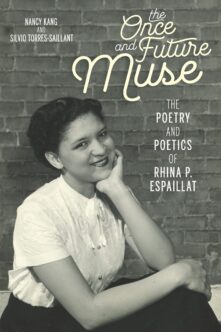
The Once and Future Muse
The Poetry and Poetics of Rhina P. Espaillat
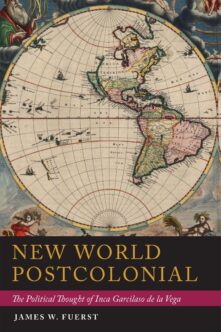
New World Postcolonial
The Political Thought of Inca Garcilaso de la Vega
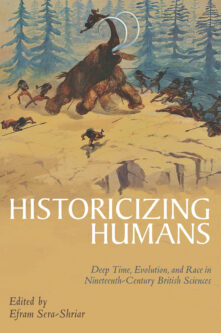
Historicizing Humans
Deep Time, Evolution, and Race in Nineteenth-Century British Sciences
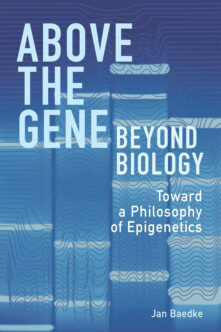
Above the Gene, Beyond Biology
Toward a Philosophy of Epigenetics
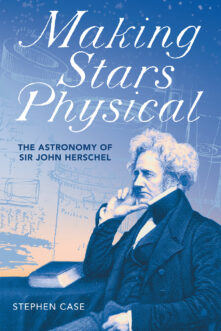
Making Stars Physical
The Astronomy of Sir John Herschel
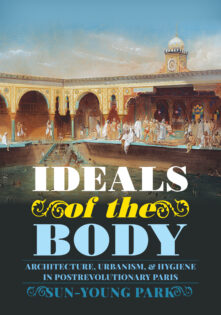
Ideals of the Body
Architecture, Urbanism, and Hygiene in Postrevolutionary Paris
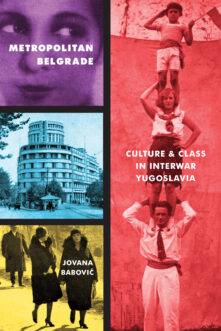
Metropolitan Belgrade
Culture and Class in Interwar Yugoslavia
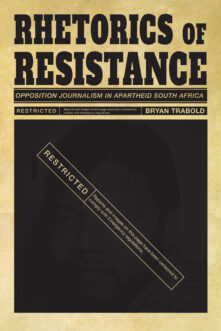
Rhetorics of Resistance
Opposition Journalism in Apartheid South Africa

I Would Lie to You if I Could
Interviews with Ten American Poets
Total 1600 results found.


